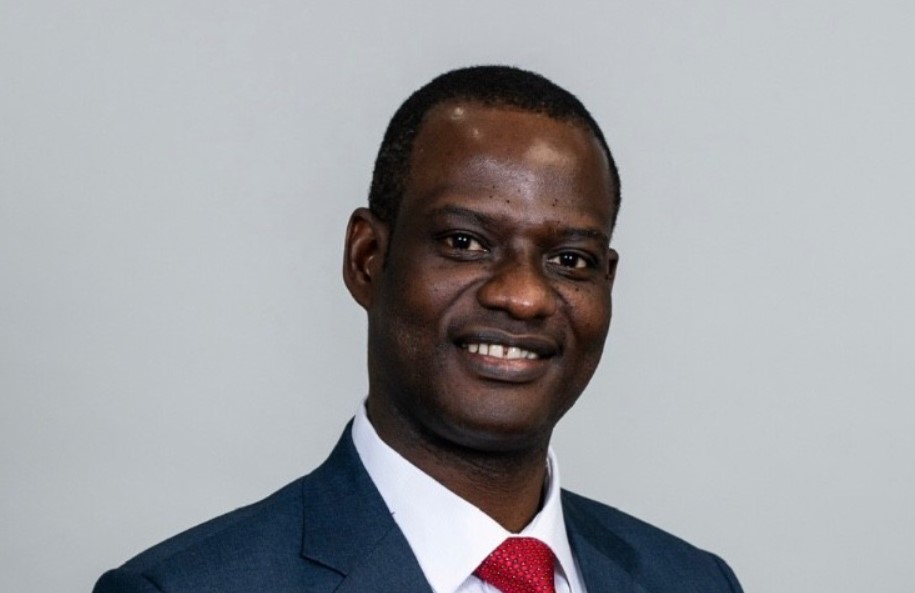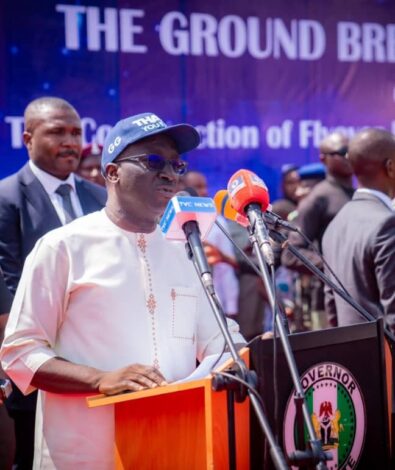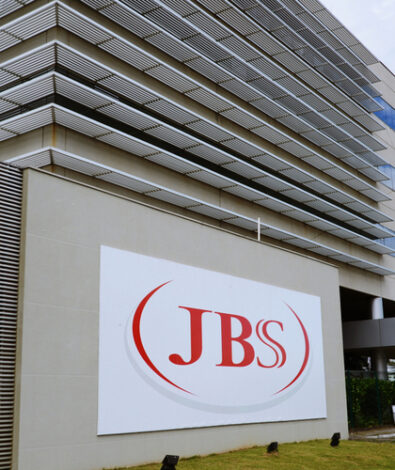FG proposes 25% tax rate on wealthy Nigerians earning N100 million monthly

The Federal government is looking at imposing a 25% tax rate on individuals earning N100 million and above monthly in the country.
The Chairman of the Presidential Committee on Fiscal Policy and Tax Reforms, Taiwo Oyedele stated this at a breakout session during the Nigeria Economic Summit organised by the NESG.
He also noted that those who earn over N100 million monthly that is the rich should pay a 25% tax.
Oyedele explained that the 25% tax on the rich was needed to strike a balance that eases the tax burden on low-income earners while ensuring that higher-income individuals contribute more to government revenue.
He also stated the federal government plans to pay back to businesses 100% of the Value Added Tax (VAT) paid by them on assets and services.
According to him, businesses paying VAT on assets such as cars, laptops etc increases their overall cost which contributes to inflation.
He said, “If you earn N1.5 million a month or less, your personal income tax bill will go down. At the lower end, it is completely exempted. But if you earn more than that amount, you see it going up incrementally up to 25%.
“Today, if you earn N100 million a month, it is a 19% effective Personal Income Tax (PIT) rate, we are taking that up to 25% for the rich people and that is because we need to balance the books.”
It is expected that this proposal would enable companies to deduct the VAT paid on goods and services used in production from their tax liabilities, potentially alleviating cash flow challenges and boosting economic activity.
Recent tax reform proposals and changes
The Taiwo Oyedele Chaired Committee has proposed a range of fiscal measures aimed at increasing government revenues while alleviating the tax burden on businesses and stimulating economic activities.
Some of their proposals and approved changes so far include; a new withholding tax regime which exempts manufacturers and small businesses from paying withholding tax, a proposal to exclude food and transport from taxes, the introduction of Tax ID for bankers and those who work in the financial services sector etc.
Currently, the committee has sent ten new bills to the National Assembly on constitutional changes to the nation’s tax laws.
The committee pointed out that some of the identified issues require legislative amendments, rather than just executive orders.
What this means
Nigeria operates a progressive personal income tax system, often referred to as “Pay As You Earn” (PAYE), where tax rates increase with income levels. Under this system, taxpayers first receive a 20% tax-free allowance, after which taxes are levied on a sliding scale.
For instance, the first N25,000 monthly net income is taxed at 7%, and the rates continue to rise until reaching a maximum of 24% for net incomes above N133k monthly.
This structure results in an effective tax rate that is lower than the highest marginal rate of 24%. Currently, Nigerians earning over N100 million annually pay an effective tax rate of around 18%
However, a proposed adjustment to the tax system aims to increase the effective tax rate for high-income earners to 25%, ensuring a more substantial contribution from wealthy Nigerians.



